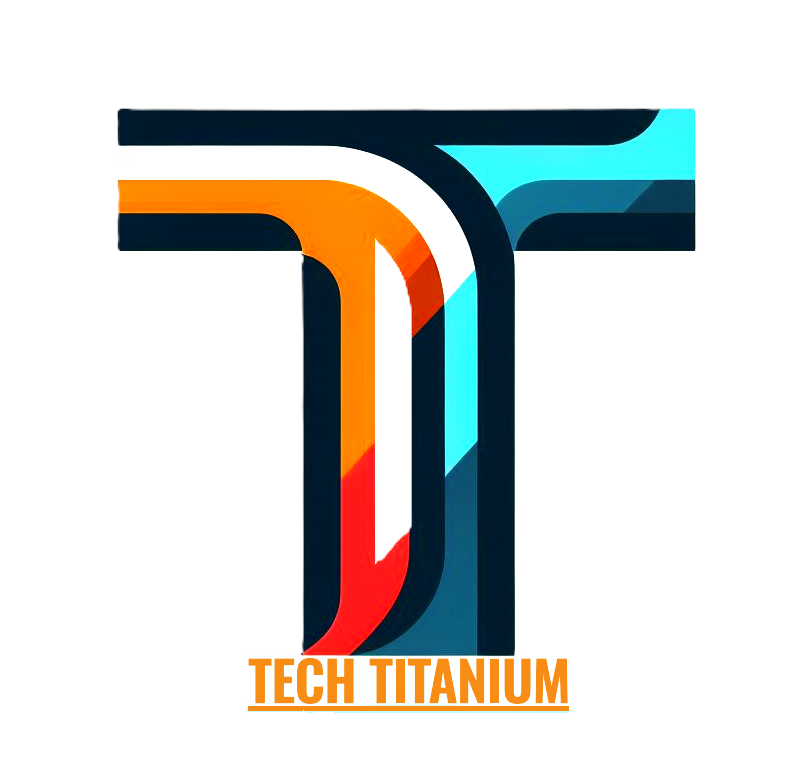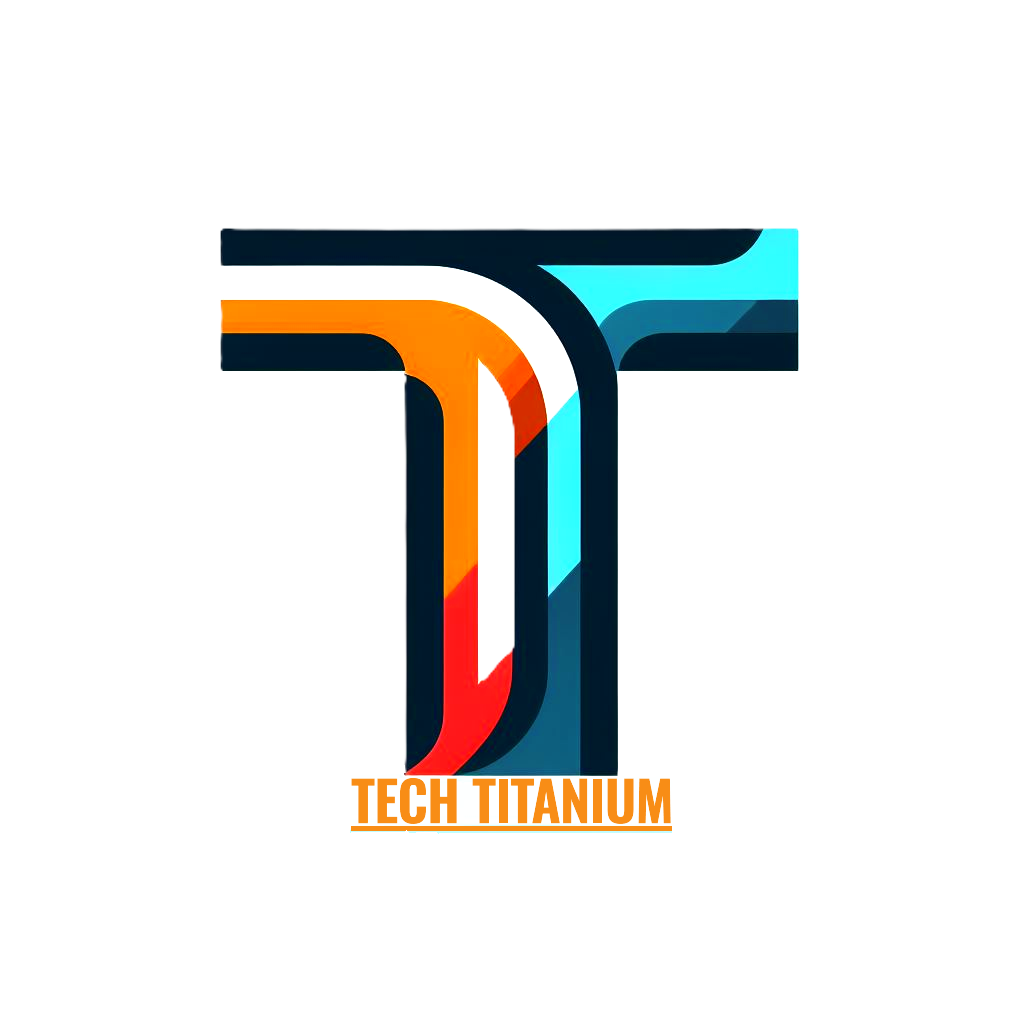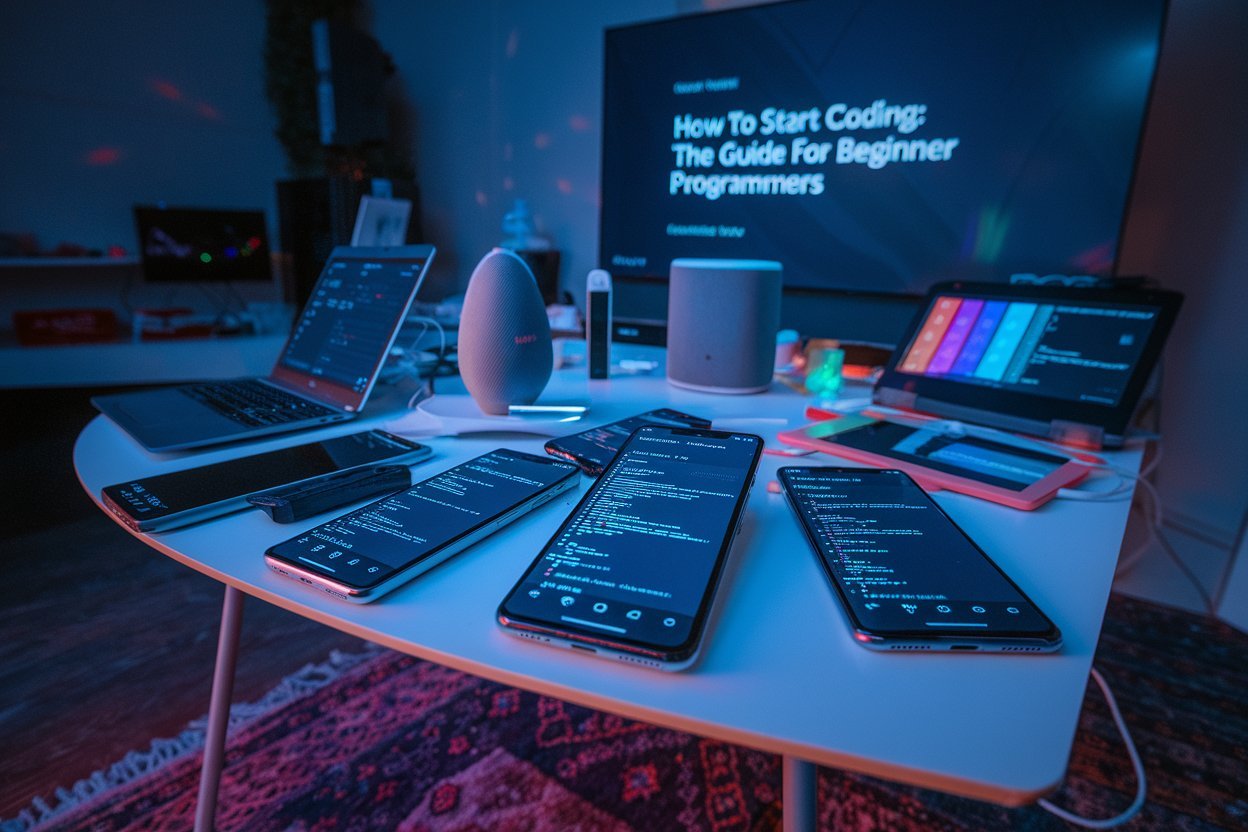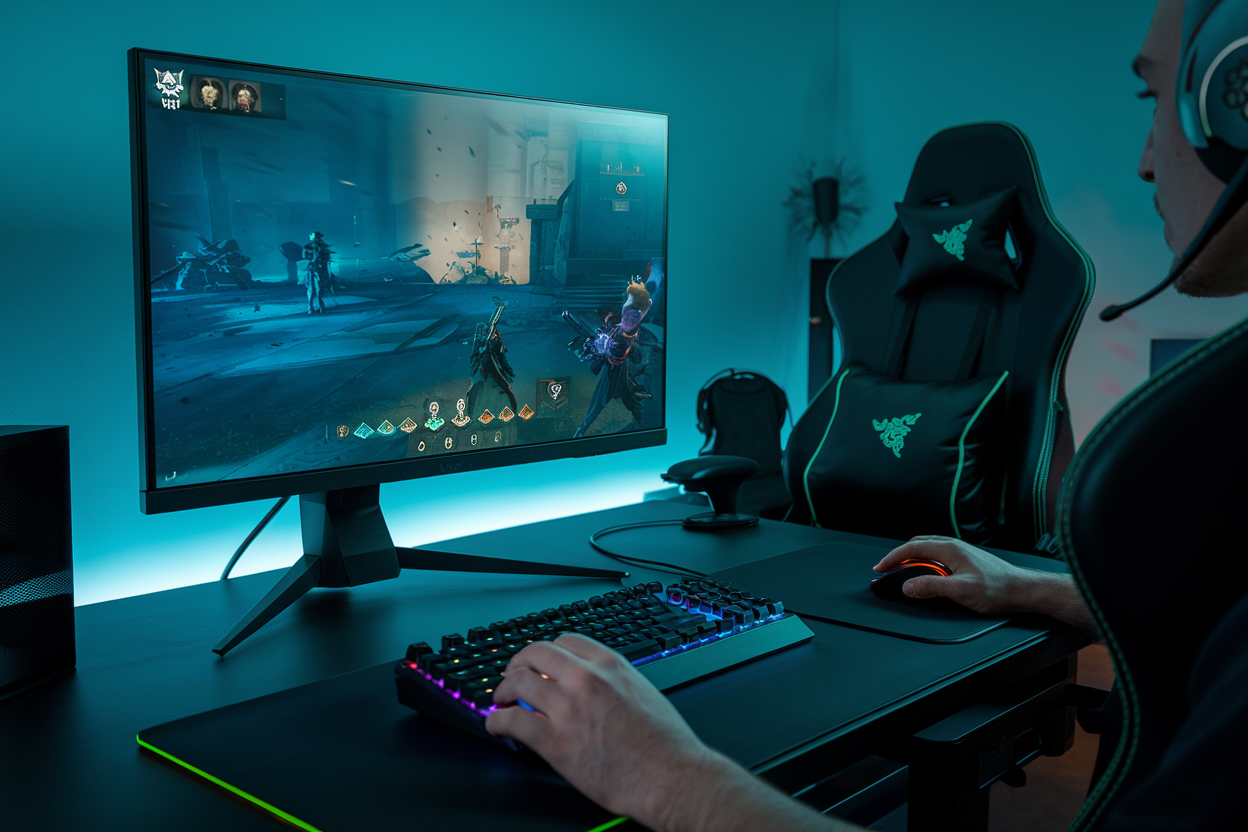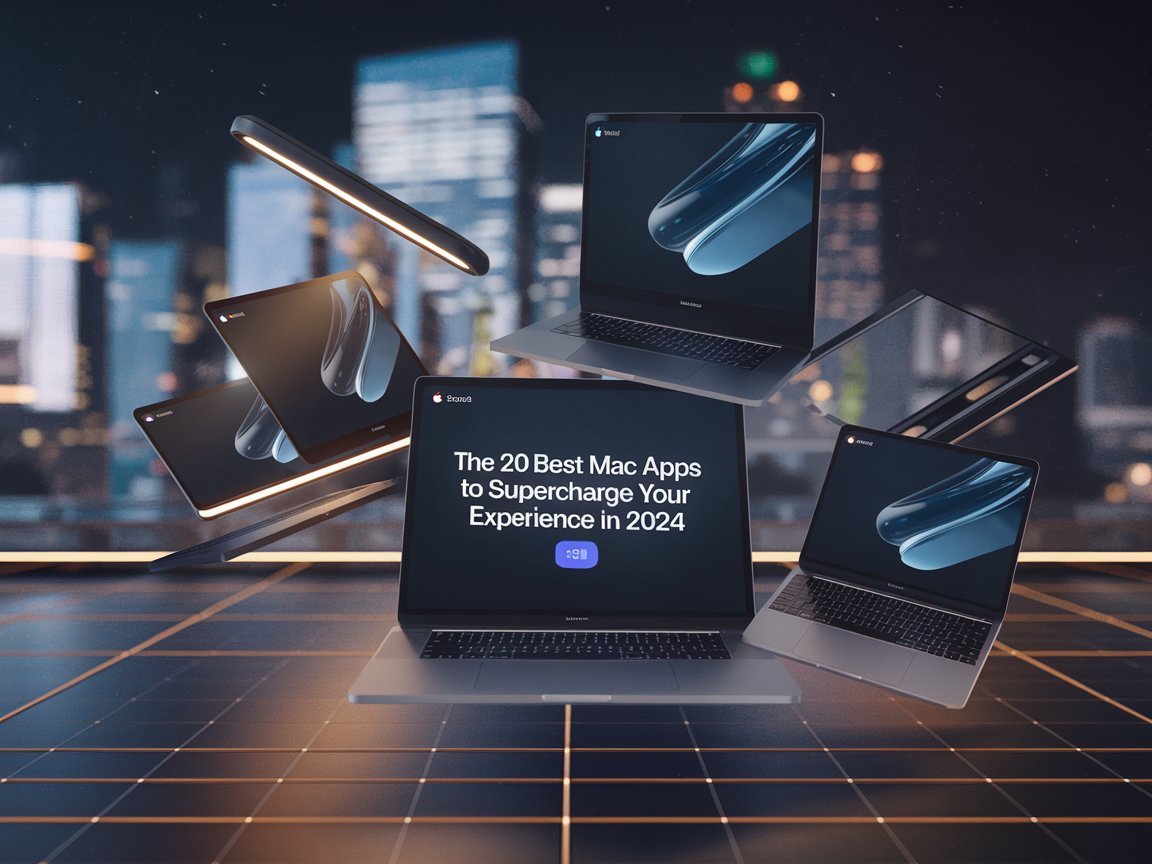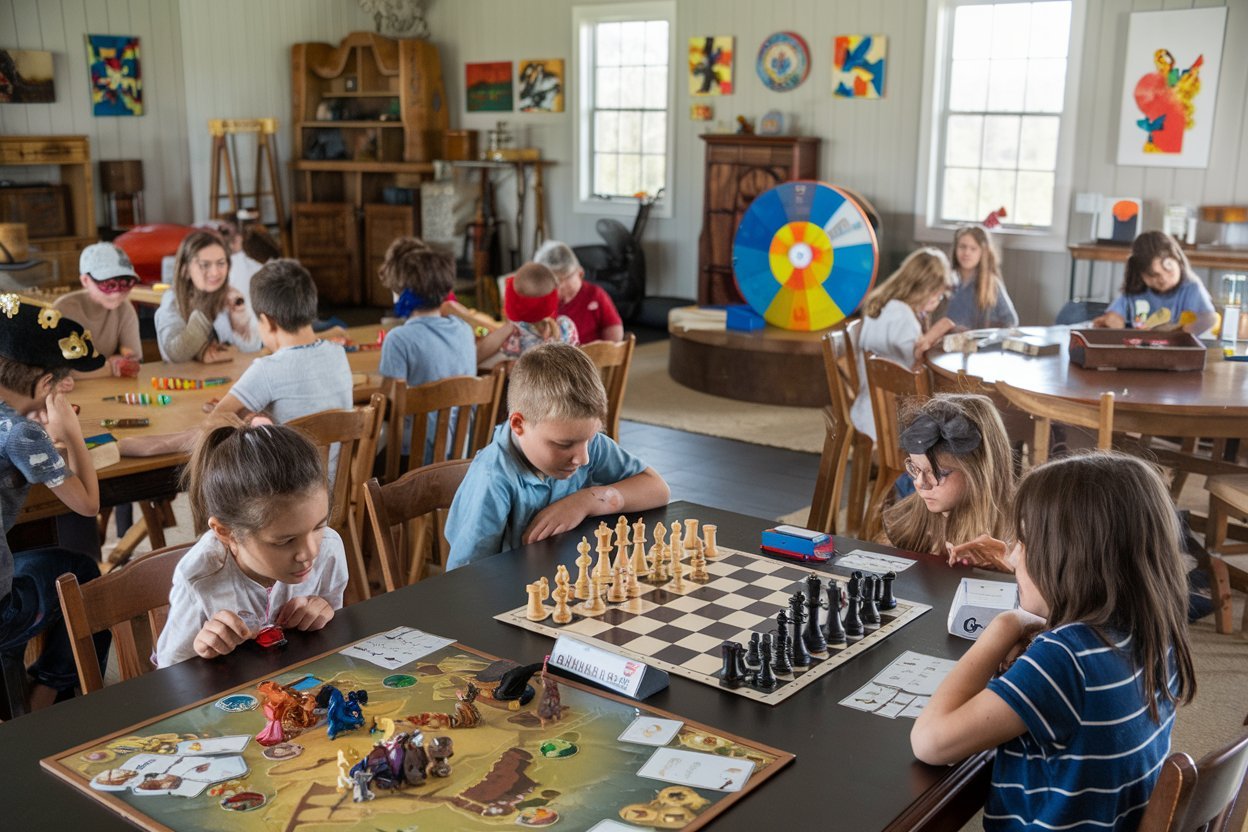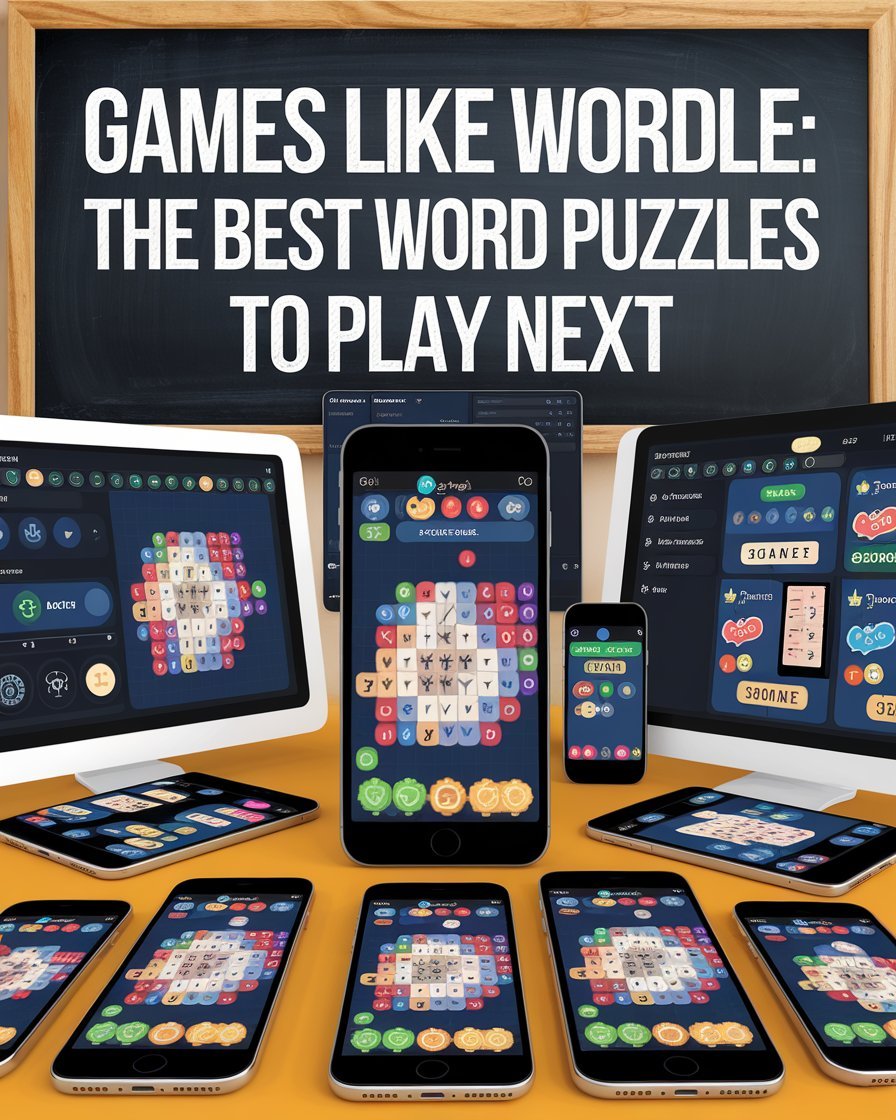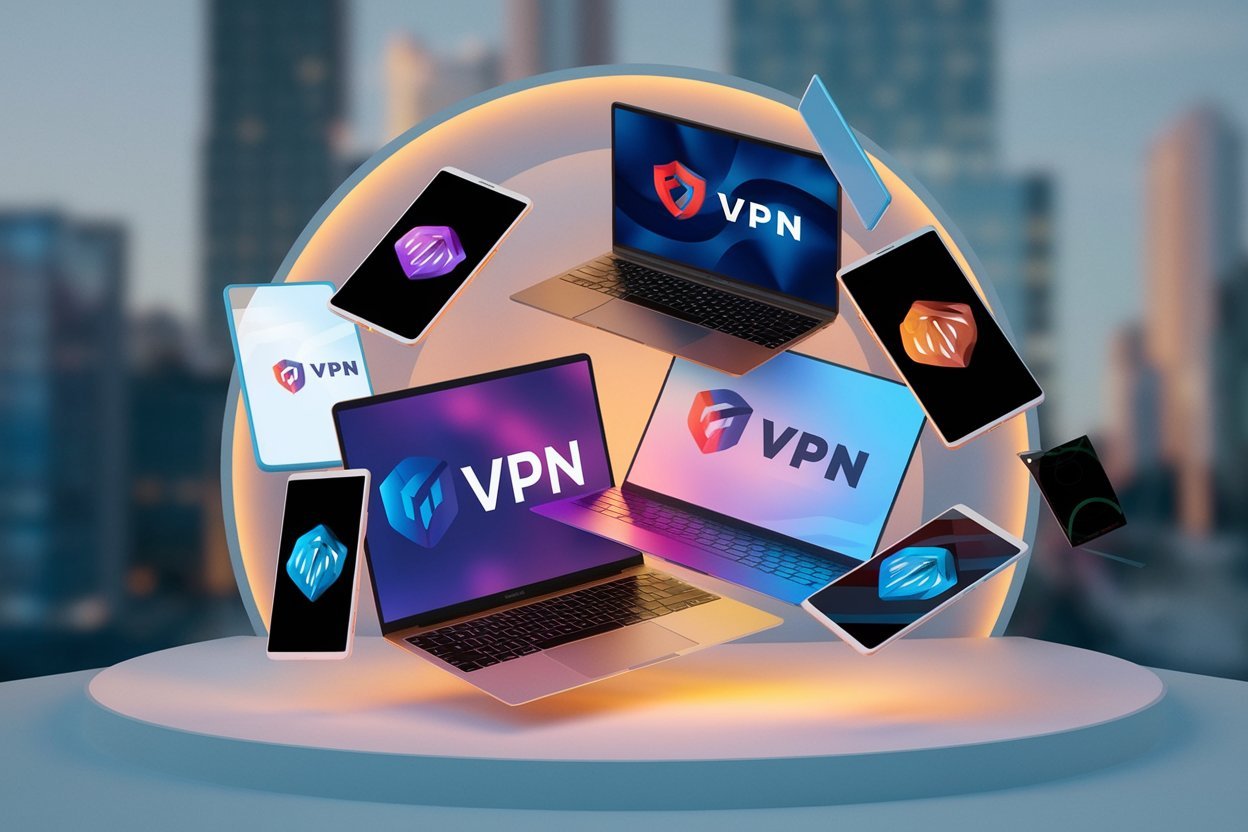What is programming?
Programming is the process of crafting instructions that a computer can execute to perform specific tasks. These instructions are written in programming languages, which bridge the gap between human logic and machine execution. The process involves designing algorithms, writing and testing code, and debugging to ensure the program functions as intended. Programming allows us to automate tasks, solve problems, and create software applications, from simple scripts to complex systems like websites, mobile apps, and games.
Why do we need to learn programming?
Or,
The Importance of Learning Coding

Learning programming is becoming increasingly essential in our modern world and the benefits extend far beyond just writing code. Here’s a detailed look at why acquiring programming skills is so valuable:
1. Enhancing Problem-Solving Skills
Programming teaches you how to approach complex problems methodically. By breaking down large problems into smaller, more manageable parts, you develop a logical mindset. This systematic approach to problem-solving is not only crucial in coding but also applies to challenges in everyday life and other professional fields.
2. Automation and Efficiency
One of programming’s most powerful aspects is its ability to automate repetitive tasks. Whether processing large datasets, managing files, or even scheduling emails, programming can streamline processes that would otherwise consume significant time and effort. Automation reduces the likelihood of human error and frees up time for more creative and strategic tasks.
3. Expanding Career Opportunities
In today’s job market, programming skills are highly sought after across various industries. From software development and data science to cybersecurity and artificial intelligence, coding expertise can open doors to a wide array of career paths. Even in non-technical roles, having a basic understanding of programming can set you apart from other candidates and lead to more advanced career opportunities.
4. Deepening Understanding of Technology
As technology becomes more ingrained in every aspect of our lives, understanding how it works is increasingly important. Programming offers insights into the inner workings of the tools and devices we use daily, such as smartphones, apps, and websites. This knowledge can lead to better decision-making, whether you’re choosing software for your business or troubleshooting a technical issue.
5. Fostering Innovation and Creativity
Programming is a unique blend of logic and creativity. It empowers you to bring ideas to life, whether it’s developing a new app, designing a game, or building a website. By learning to code, you gain the ability to innovate and create solutions that can have a real-world impact. The creative freedom that comes with programming can be incredibly fulfilling, as it allows you to turn your visions into reality.
6. Interdisciplinary Applications
Programming isn’t just for computer scientists; it’s a valuable skill across multiple disciplines. In fields like biology, programming is used to analyze genetic data (bioinformatics), while in physics, it’s essential for running simulations. In finance, algorithms developed through coding can be used to predict market trends. Learning to code enhances your ability to contribute meaningfully to these and many other fields, making you a more versatile and valuable professional.
7. Improving Collaboration and Communication
In many work environments, there’s often a gap between technical and non-technical teams. By understanding programming, you can bridge this gap, improving communication and collaboration. This understanding helps you to articulate technical requirements, interpret technical documentation, and make more informed decisions alongside technical colleagues, ultimately leading to better project outcomes.
8. Building Digital Literacy
In this century, digital literacy is as important as traditional literacy. As our world becomes more digital, understanding programming is key to navigating it effectively. Whether you’re building a personal brand online, managing digital content, or simply understanding the tools at your disposal, coding skills make you more competent and confident in a digital environment.
Conclusion
Learning programming equips you with a powerful toolkit that extends beyond the computer screen. It sharpens your problem-solving abilities, enhances your career prospects, fosters creativity, and deepens your understanding of the digital world. Whether you’re looking to automate tasks, innovate in your field, or simply understand the technology that shapes our lives, programming is a skill that offers limitless possibilities and benefits.
Coding can help you earn more.

In 2022, the average entry-level salary in the U.S. was $40,153. However, those starting in programming earn significantly more, with an average starting salary of $85,293. Coding skills undeniably offer substantial financial benefits. The tech industry is well-known for its competitive salary packages, which was a major factor in my decision to transition into this field. As you delve deeper into coding, you may choose to specialize in a particular area. Specialization can lead to some of the highest salaries in the coding world. For instance, as you gain experience, you might become a developer. In addition to writing code, developers are responsible for debugging software and working with source code. Typically, developers focus on a specific programming language. Developers often command higher salaries than general programmers and enjoy strong job growth prospects. According to the U.S. Bureau of Labor Statistics, the demand for developers is expected to grow by 22% by 2030.
Let’s now start programming by following the steps with Additional Tips.
Starting programming can be an exciting journey, and it’s great that you’re interested in learning!
1. Choose a Programming Language
Beginner-Friendly Languages: Consider starting with languages like **Python* or *JavaScript*. Python is known for its simplicity and readability, making it also a great choice for beginners. JavaScript is essential if you’re interested in web development.
JavaScript, used by 65.36%
HTML/CSS, used by 55.08%
SQL, used by 49.43%
Python, used by 48.07%
TypeScript, used by 34.83%
Other Options: If you’re interested in mobile app development, consider **Swift* (for iOS) or *Kotlin* (for Android). For a deeper understanding of programming concepts, *Java* or *C++* can also be good choices.

2. Set Up Your Development Environment
Text Editor/IDE: Install a text editor like **Visual Studio Code* or an Integrated Development Environment (IDE) like *PyCharm* (for Python), *Eclipse* (for Java), or *Android Studio* (for Android development). These tools help you write, edit, and debug your code.
Installation: Download and install the necessary compilers or interpreters for your chosen language. For Python, you can install it from [python.org](https://www.python.org/).
3. Start with Basic Concepts
Variables and Data Types: Learn how to store information using variables and understand different data types (integers, strings, floats, etc.).
Control Structures: Understand how to use **if-else statements* to make decisions in your programs, and learn about *loops* (for, while) to repeat tasks.
Functions: Study how to write functions, which allow you to organize your code into reusable blocks.
Basic Input/Output: Learn how to take input from the user and display output.
4. Practice by Building Simple Projects
Start with small projects, like a calculator, a to-do list, or a simple game (e.g., a guessing game).
Follow online tutorials to build these projects, but try to understand the code and modify it to make it your own.
5. Learn About Data Structures and Algorithms
Once you’re comfortable with the basics, move on to data structures (like arrays, lists, stacks, and queues) and algorithms (searching, sorting).
Understanding these concepts will help you write more efficient and complex programs.
6. Explore Resources for Learning
Online Courses: Platforms like **Coursera, **edX, **Udemy, and **freeCodeCamp* offer structured courses for beginners.
Books: Consider reading books like *“Automate the Boring Stuff with Python” by Al Sweigart or “Eloquent JavaScript” by Marijn Haverbeke.
YouTube Tutorials: Channels like **Programming with Mosh, **Traversy Media, and **The Net Ninja* offer free tutorials.
7. Join a Programming Community
Engage with communities on platforms like *GitHub, **Stack Overflow, and **Reddit*. These can be great places to ask questions, find mentors, and collaborate on projects.
Participate in coding challenges on websites like *LeetCode, **HackerRank, or **Codewars* to improve your problem-solving skills.
8. Work on Real Projects
– As you gain confidence, start working on larger projects that interest you, such as building a personal website, creating a mobile app, or contributing to open-source projects on GitHub.
– Building a portfolio of projects is crucial if you plan to use your programming skills for a career.
9. Stay Consistent and Keep Learning
Practice Regularly: Try to code every day, even if it’s just for a short time. Consistency is key to mastering programming.
Learn New Concepts: Technology is always evolving, so continue learning new languages, frameworks, and tools.
Debugging: Learn how to debug your code. Understanding error messages and how to fix them is an essential skill.
Additional Tips:
For web development, people follow a plan like — HTML alongside CSS and JavaScript. Then they add PHP. After learning and practicing them, they start learning frameworks. There are two sides, the front end and the back end.
For the frontend, they learn React, Vue, Svelte (just one of them is enough, for a starter)
For the backend, they learn Node JS, Laravel (only one of them).
So after you complete, HTML, CSS, JavaScript, and PHP.
You can learn React and Laravel. Laravel is easy if you know PHP. And node is easy if you know JavaScript. For the front end, I suggested React. Because if you learn React. You can learn app development easily.
So spend 5-6 months doing mastery on
HTML, CSS, PHP, and JavaScript. And learn Laravel. After Laravel you can learn React. Take one step at a time. But you have to do HTML, CSS together then add JavaScript to your list then some PHP.
Break Down Problems: When faced with a complex problem, break it down into smaller, manageable parts. This approach will make it easier to solve.
Read Other People’s Code: Reviewing and understanding code written by others can provide new insights and techniques.
Don’t Be Afraid of Mistakes: Making mistakes is a natural part of learning. Don’t get discouraged by errors; instead, use them as learning opportunities.
Set Goals: Set some small achievable goals to keep yourself motivated. Celebrate your progress along the way.
Starting with these steps will help you build a strong foundation in programming. As you progress, you’ll find your own path and discover what aspects of programming you enjoy the most.
If you want to get any other problem solved, please stay tuned with us by subscribing with your email.
